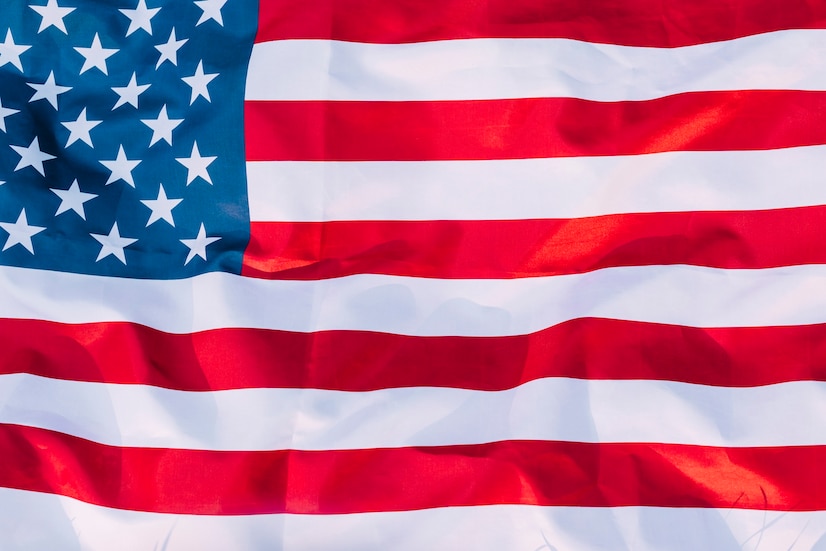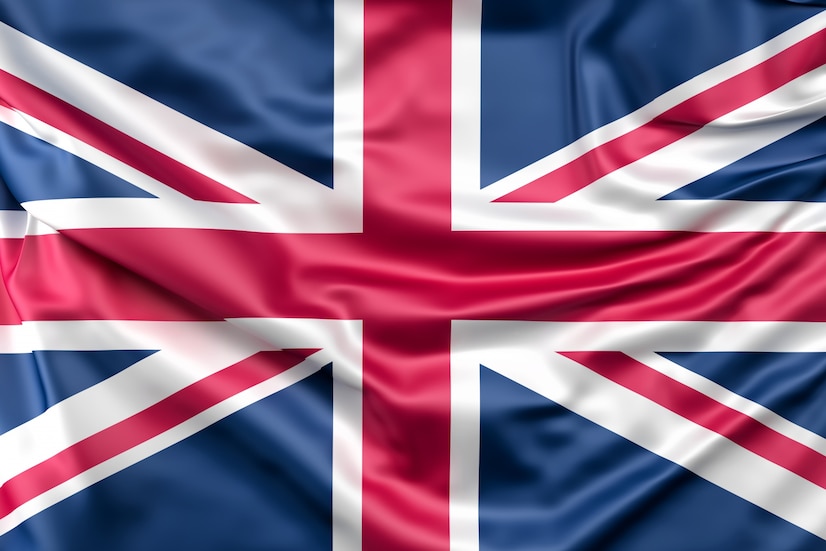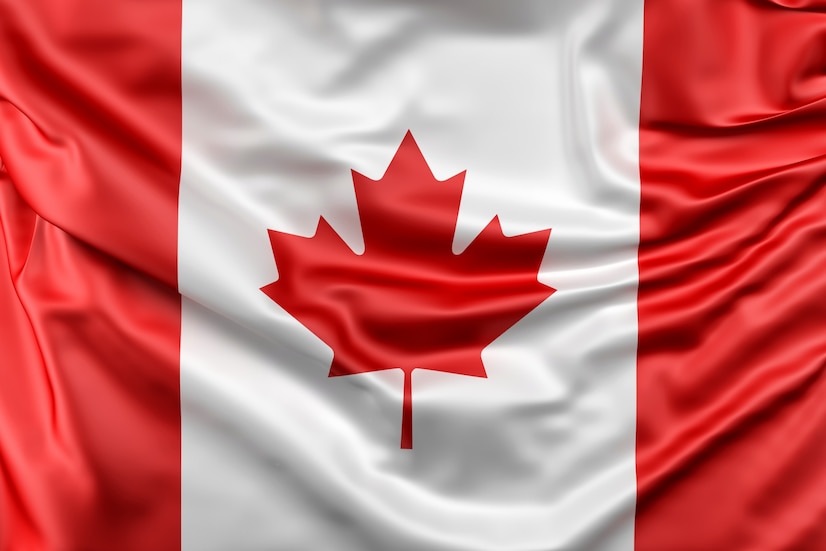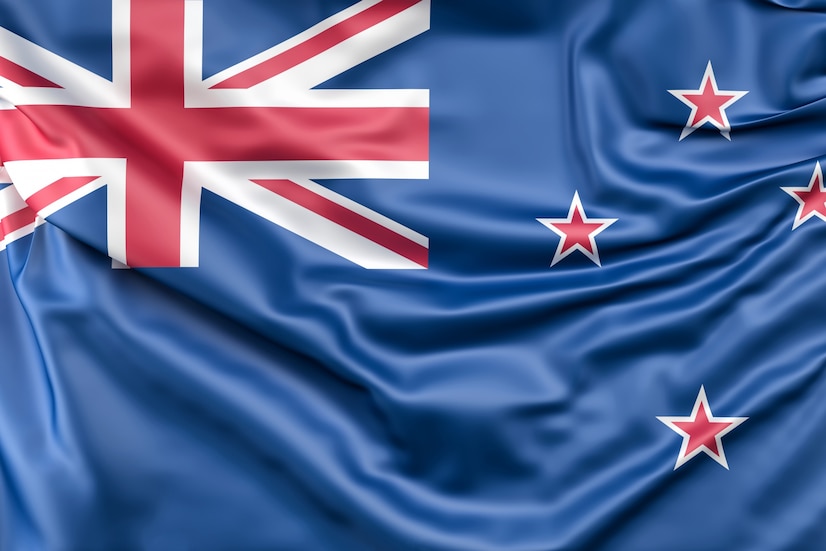CANADA
The number of students studying in Canada every year exceeds 180,000. There are many advantages associated with studying in Canada, including the high quality of the education and the competitive entry requirements. India offers more affordable tuition fees for students wishing to study abroad than other countries.
Why Study CANADA
India offers more affordable tuition fees for students wishing to study abroad than other countries. Since 1997, Canada has ranked as the best place in the world to live according to UN surveys. Work permits are not required for students who work for 20 hours per week without a Work Permit. Students may work full-time during vacations. Upon entering Canada, one can take up to 15-18 months to obtain permanent residency. Payed Co-Op terms are available in many programs. The Co-op program gives students industry experience while they work in their field. Furthermore, depending on the length of the study program, students can work for up to three years after completing the course.
TOP COURSES
TOP COURSES
Career oppurtinities
On completion of study in Canada from India, students graduating from a program of 2 years or more are eligible for a 3-year work permit after graduation with no restrictions on the types of employment and no requirement for a job offer. The experience gained would provide them with an opportunity to work in an international setting and at the same time allow them to earn the money invested.
Canada is an international leader in Java, computers, networking and wireless communications. Insulin and flat-screens are some of the leading inventions originated in Canada. It has a reputation of excellence in sectors that include telecommunications, transportation, engineering, microelectronics, hydroelectric power, biotechnology, food & beverage processing, geometric, ocean & environmental industries, aerospace etc. Some top Canadian companies recognized internationally are Black Berry, IMAX, BATA, Corel etc. The Gourmand Report ranked 18 of North America's Top 40 Electrical Engineering Faculties in Canada. The Global Competitiveness Report 2000 ranked Canada 1st in Knowledge workers.
Co Operative Work Term
Co-op is a work term provided as part of the course curriculum. It provides an excellent opportunity to gain first-hand practical experience related to the field of specialization. Study in Canada for Indian students enables them to gain job experience while continuing to study. Co-op provides full-time opportunities that last for 12 to 17 weeks. Co-operative work programmes combine courses in many subjects with relevant work, giving students an invaluable head starts to their careers. This assists international students in connecting with the Canadian job market and developing networks.
Work During Studies
1st June 2014 onwards, full-time students are eligible to work off-campus without a work permit for up to 20 hours per week and full-time during vacations. Several programs may even have a paid co-op term where students get hands-on experience in working in the industry. They can earn approximately C$ $11-$15 per hour. Students can work full-time off-campus during co-op terms, amounting to earnings between C$ 700 to C$900 per month. As Canada education consultants we inform students that on completion of the program, they can work up to 3 years depending on the length of their study program.
Education System
Types of Certification
Certificate is a qualification awarded upon the successful completion of a program that is usually a course of a year's time.
Diploma is a qualification awarded on the basis of one or two years of successful study.
Advanced Diploma is a 3 years program, some of which may lead to a Bachelor's Degree.
Bachelor's Degree are awarded by Universities/University Colleges/Community Colleges after four years of full-time study and lead to graduate level studies.
Post Graduate Diplomas/Certificates leads to a Master’s Degree. These programs have work terms that provide full-time opportunities to gain practical experience along with theoretical studies, which is a major pull factor for students who decide to study in Canada from India. The prerequisites to participate in these programs are Bachelor's Degrees of 3- or 4-years duration.
Master's Degree is an option for Bachelor’s Degree Graduates who have an interest in further learning and research, and for those who want to broaden their career possibilities by attaining a postgraduation in Canada. It is for 2 years and can be pursued after a 4 years Bachelors or a 3 years Bachelors & a 1year Post Graduate Diploma from Canada.
Doctorate or PhD is a degree ranking above the Master’s Degree and generally takes four to seven years to complete.
Institutions: The degrees and diplomas from Canadian universities and colleges are among the most widely recognized in the world. The education system in Canada encompasses both public funded & private institutions. Students have a diverse choice of 90 Universities & 175 Community Colleges offering a wide array of programs. Students can earn more from vocational & Technology courses than normal degrees.
Post-secondary education is offered by four types of educational institutions:
Technical/ Career Colleges: These are privately owned and operated with the main objective of preparing students for the job market after a short period of instruction. The emphasis here is on practical skills over a broad range of programs.
Community Colleges & Technical Institutes: They typically have more career-oriented, practical/technical related curricula, with small classes, off-campus course offerings, a greater ratio of laboratory space to classroom space, and an interactive teaching style.
University Colleges: As a component of the Canadian University system, university colleges offer students a choice of either academic oriented university degree programs or the more practical-oriented college diplomas and certificates when they decide to study in Canada from India.
Universities: Canadian Universities are largely public funded and thus, offer consistently high-quality education at lower tuition rates for international students than their counterparts in competing countries. They offer a broad range of programs from Undergraduate to Doctorate and also certificate and professional degrees.
Grade Point Average (GPA): The average grade achieved by a student during the course of an educational program, is calculated on various scales depending on the Institution. (e.g.: generally, the student may be evaluated on a 4-point scale or a 9-point scale).













